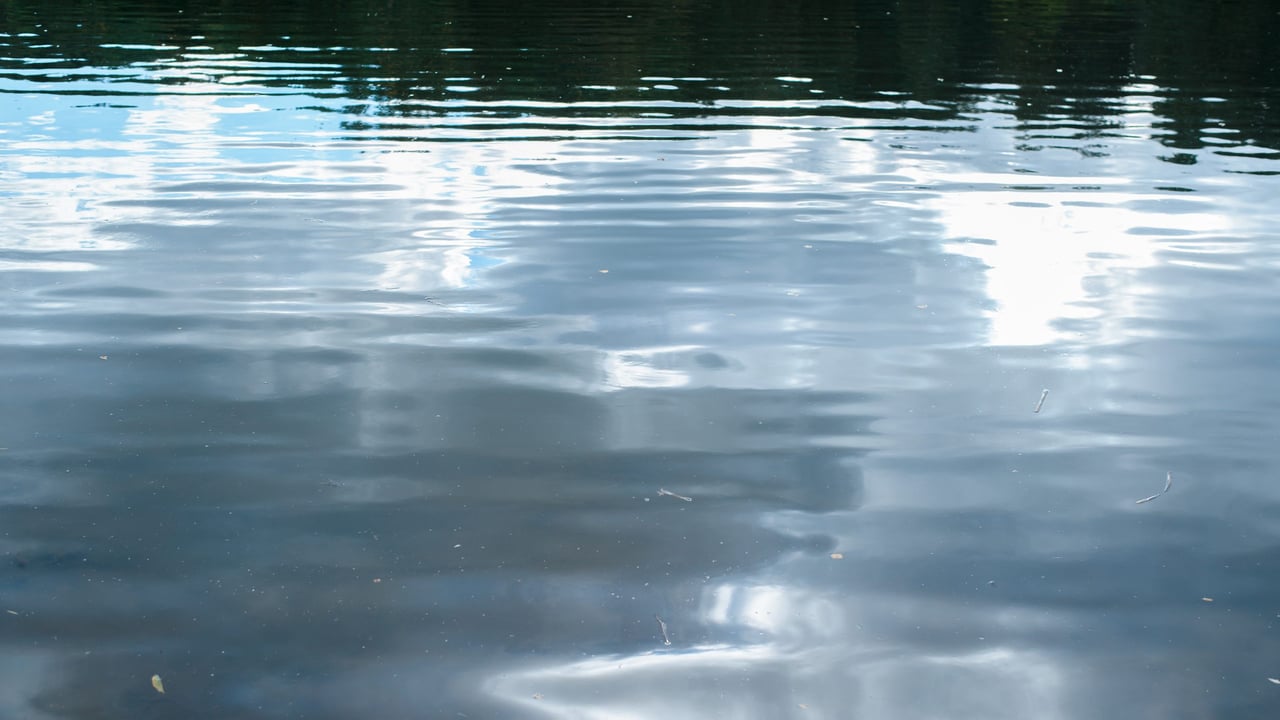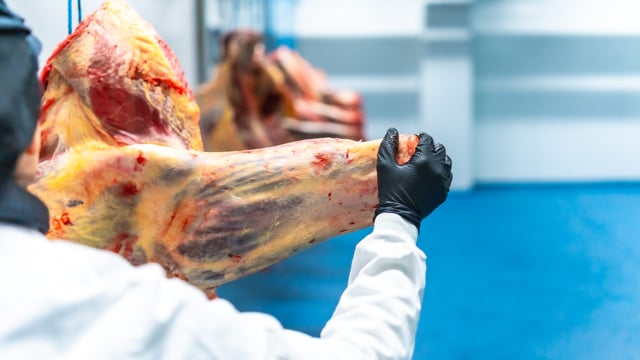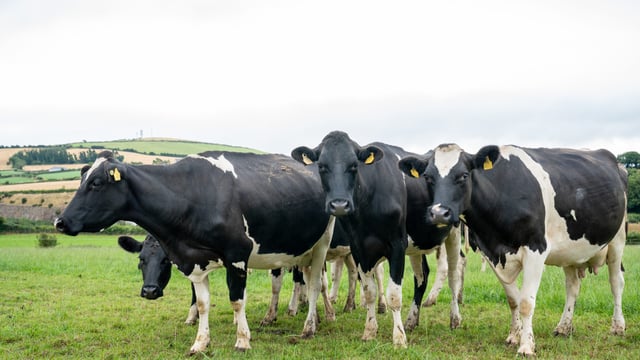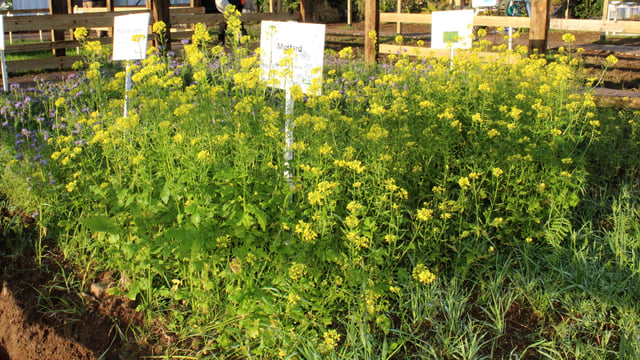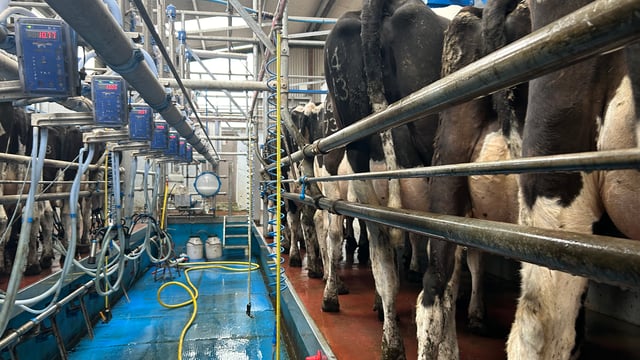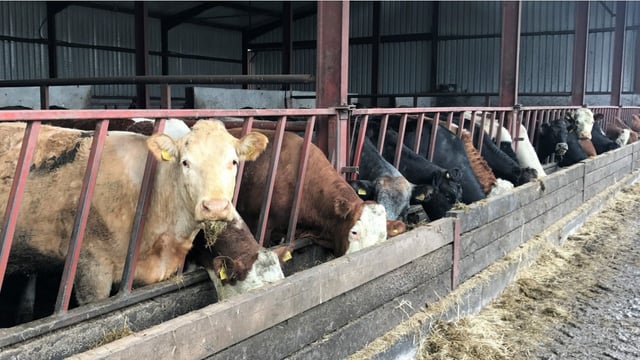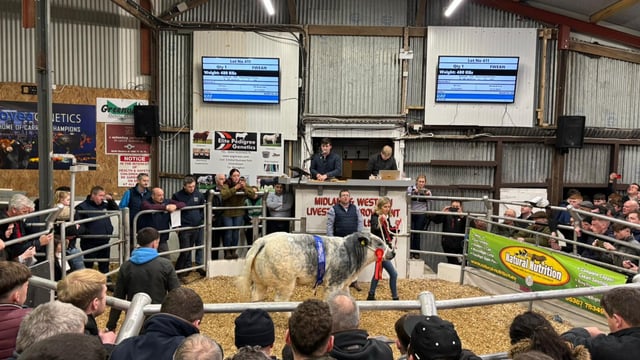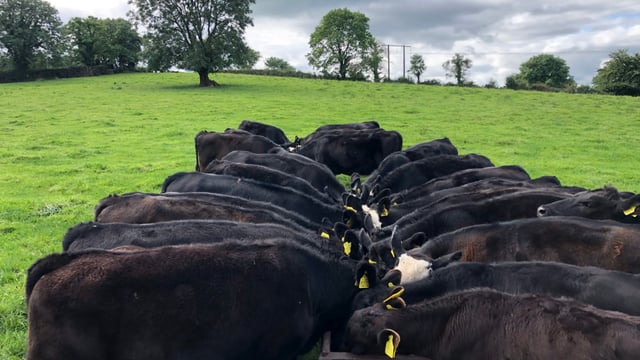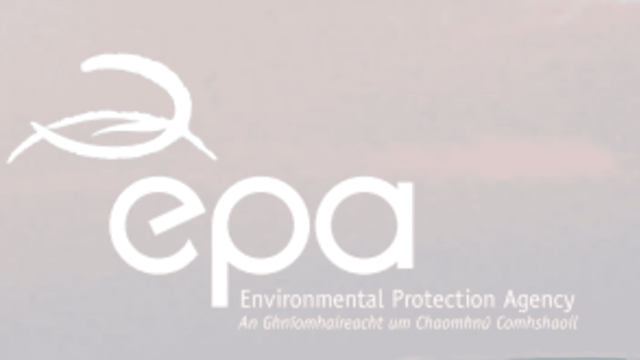DAERA being investigated over Belfast Lough sewage discharges
The Department of Agriculture, Environment and Rural Affairs (DAERA) is among several authorities being investigated over the regulation of sewage discharges into Belfast Lough.
The Office for Environmental Protection (OEP) confirmed today (Tuesday, November 25) that its enquiry will also include the Department for Infrastructure (DfI) and the Utility Regulator.
The investigation will determine whether these authorities have failed to comply with environmental law in their respective duties of regulating how untreated wastewater, that includes raw sewage, is discharged into Belfast Lough and its surrounding rivers.
Belfast Lough
The OEP will examine the regulation of discharges of untreated sewage from wastewater treatment works (WWTW) and combined sewer overflows (CSOs).
WWTW are facilities designed to treat wastewater to make it safe to be returned to the environment.
CSOs act as safety values, discharging untreated wastewater, that includes raw sewage, into rivers, lakes or coastal waters to prevent flooding.
They are used when the sewer system’s capacity is exceeded during heavy rainfall and there is a risk of sewage backing up into homes, streets, and businesses.
Natalie Prosser, chief executive of OEP, said that "the quality of our water is one of the most pressing environmental challenges we face".
"Nature is under unsustainable pressure in Northern Ireland, and one of the biggest issues is how wastewater is managed.
"We’ll be looking at whether the Utility Regulator and DfI have met their duties to take necessary enforcement action, where Northern Ireland (NI) Water may not be fulfilling their own responsibilities for sewage discharges.
"For DAERA, we’ll examine whether it has set and updated the conditions that allow sewage overflows to spill in line with legal standards," she added.
Prosser explained that the focus is on DfI, DAERA and the Utility Regulator "because they are the primary regulators and play key roles in enforcing NI Water’s own responsibilities in relation to sewage discharges".
Water
NI Water is not in scope of this investigation as the OEP’s role is "not to step into the shoes of the regulators, but to ensure that they themselves are fulfilling their legal duties", Prosser said.
However, the OEP will be speaking to NI Water and requesting information to support their work.
"Although our investigation will focus on Belfast Lough, we know similar wastewater and sewage issues exist at other rivers and lakes.
"Our interest is in driving improvement across the wider regulatory system. What we find in this investigation will be relevant across Northern Ireland," she said.
If the OEP finds failures to comply with the law, the aim of the investigation will be to improve compliance and regulation across the wastewater system leading to long-term water quality improvement. If no agreement can be found the OEP can take court action.
Nature loss
The investigation follows a OEP report published last year into the causes of Northern Ireland’s nature loss.
The report confirmed that agriculture and wastewater are the two largest contributors to water pollution, due to excess nutrients from fertilisers, animal waste (coming from imported animal feeds), and sewage.
Excess nutrients is a major cause of the blue green algal blooms that have blighted Lough Neagh in recent years.
"We have been clear that nutrient pollution from both, agricultural and wastewater sources, need to be tackled to better protect and improve the water in lakes and rivers," Prosser said.
"This is a complex problem with no quick fixes, but our investigation will contribute to the work already underway in this area, so government and other decisionmakers can be targeted and effective in driving much-needed improvements in water quality."

